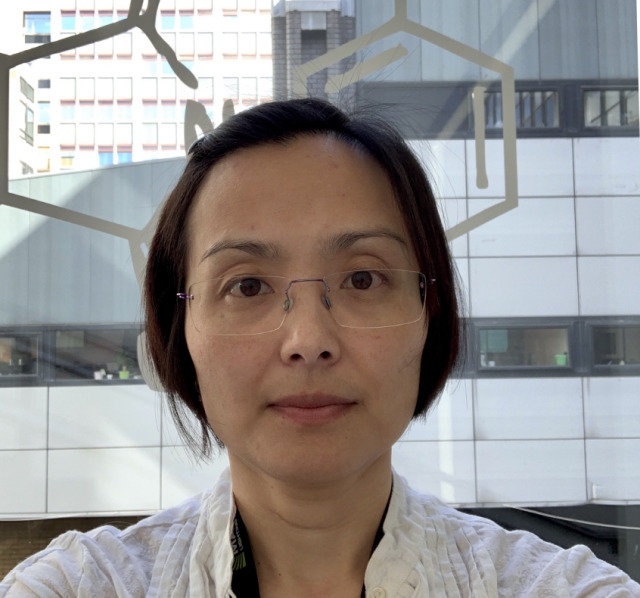
Ms. Wei-Chien Tu
Research Associate
Imperial College London
Wei-Chien is currently a research associate in the Department of Chemical Engineering at Imperial College London. She came to the UK in 2013 and completed a Masters in Green Chemistry and is expected to receive a PhD in July of 2019 from Imperial College London. She has published several papers contributing knowledge to research on ionic liquid pretreatment of lignocellulosic biomass and investigating their potential applications in the materials, energy, and food industries. She has previously completed a successful 10 year career in financial services in the USA. Born originally in Taiwan, she emigrated to the USA where she completed undergraduate degrees in Psychology and East Asian Languages and Civilizations from the University of Chicago and also completed curriculum of Undergraduate Chemistry from the University of Illinois at Chicago.
Impact of the ionoSolv process on cellulose quality and cellulose-derived
This thesis is concerned with the valorization of the cellulose pulps produced using the ionoSolv pretreatment process. Experiments using both fresh and recycled ionic liquid, specifically triethylammonium hydrogen sulfate [TEA][HSO4], were conducted. Characterization of the isolated pulps was used to demonstrate the chemical and morphological effects of the ionoSolv pretreatment process on cellulose. Recycled ionic liquid contains solutes that impact the mechanism for lignocellulose biomass fractionation affecting the optimal pretreatment conditions. Pulp yields were consistently lower and saccharification results better when using recycled ionic liquid, demonstrating that the presence of these solute improved lignin extraction. In addition, it is demonstrated that protic ionic liquid pretreatment will eventually generate humins and pseudolignin, which are undesirable by-products of carbohydrate conversion which reduce saccharification yields and pulp purity. Experiments were conducted by doping the ionic liquid with 13C labelled and unlabeled sugars and their derivatives to ascertain the role of these solutes in the formation or prevention of pseudo-lignin formation. The re-deposition of these compounds onto the pulp is directly impacted by the purity of the pulp surface. The use of recycled ionic liquid in combination with additives such as HMF demonstrated a moderating effect on the formation of pseudolignin and humic compounds by increasing their solubility in the ionic liquid, preventing their re-deposition onto the surface of the pulp during pretreatment. In addition, lignin recovered from the pretreatment suggests the incorporation of carbohydrates, with lignin produced using recycled ionic liquid having higher molecular weights. The pulps produced during the pretreatment were submitted to subsequent processing to demonstrate additional potential value streams. Pulps were bleached to produce cellulose fibers and nanocellulose crystals. Fiber analysis suggests the pulps are of sufficient quality for materials production and various other industrial applications.